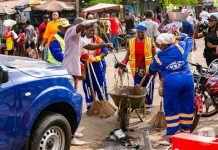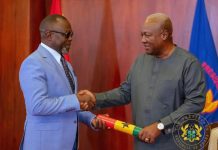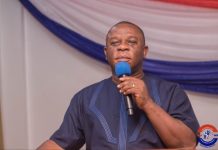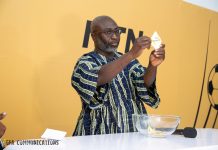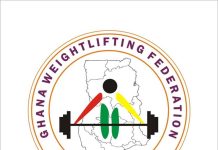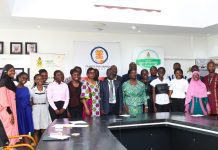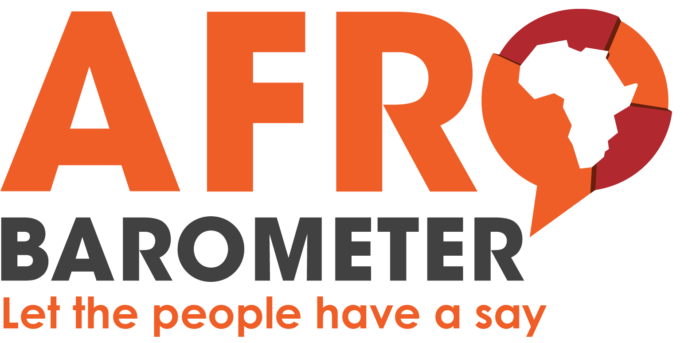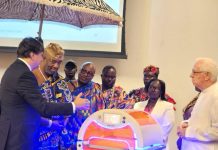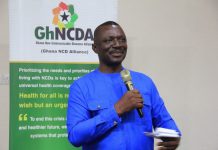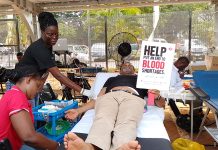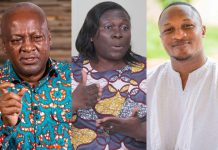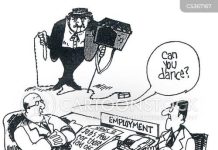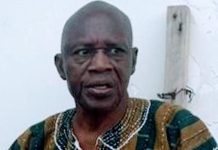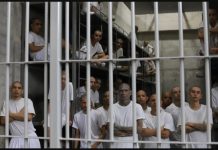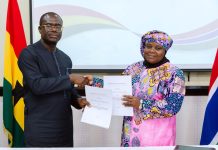….Citizens also cite economic issues including inflation, poverty, and management of the economy
PRETORIA, South Africa, May 24, 2024/ — The most urgent problems that South Africans want their government to address are unemployment, unreliable electricity supply, and corruption, according to a new Afrobarometer (www.Afrobarometer.org) telephone survey ahead of general elections on 29 May.
Citizens also cite economic issues including inflation, poverty, and management of the economy.
As citizens prepare to go to the polls, a majority of them are dissatisfied with the way democracy is working in their country, and they overwhelmingly say their country is going in “the wrong direction.” Even among likely voters, one-third say they have not decided which party they will vote for.
These findings are from a telephone survey conducted 23 April-11 May with a sample of 1,800 South Africans aged 18 and older. The margin of sampling error is +/-2.3 percentage points.
Key findings
• Unemployment far outranks other issues as the country’s most important problem that citizens want their government to address, cited by 71% of respondents as one of their three priorities (Figure 1).
• Electricity/load shedding (26%), corruption (21%), inflation/cost of living (21%), poverty (21%), and management of the economy (20%) round out citizens’ top priorities for government action.
• More than six in 10 South Africans (62%) say they are dissatisfied with the way democracy works in their country, while only 36% express satisfaction (Figure 2).
• More than eight in 10 South Africans (85%) say the country is going in the wrong direction, up from 46% in 2011 (Figure 3).
• Among respondents who say they are registered and are likely to vote, about one-third (32%) say they have not decided which party they will vote for.
Afrobarometer surveys
Afrobarometer is a pan-African, non-partisan survey research network that provides reliable data on African experiences and evaluations of democracy, governance, and quality of life.
Nine rounds of face-to-face surveys in up to 42 countries have been completed since 1999. Afrobarometer’s national partners conduct face-to-face interviews in the language of the respondent’s choice.
While Afrobarometer is known for its face-to-face surveys, which are conducted on a roughly two-year cycle, the organisation is refining methods for more limited telephone surveys on emerging topics between standard survey rounds.
The Afrobarometer team, led by the Institute for Justice and Reconciliation (IJR), interviewed 1,800 adult South Africans selected from a database of more than 14 million cell phone numbers between 23 April and 11 May – the final weeks before the election.
A sample of this size yields a margin of sampling error of +/-2.3 percentage points. This is the first publicly-released Afrobarometer telephone survey (http://apo-opa.co/3QUBfWn).
Note: Results from 2011-2022 are from standard face-to-face Afrobarometer surveys, whereas the 2024 survey was conducted by phone.




